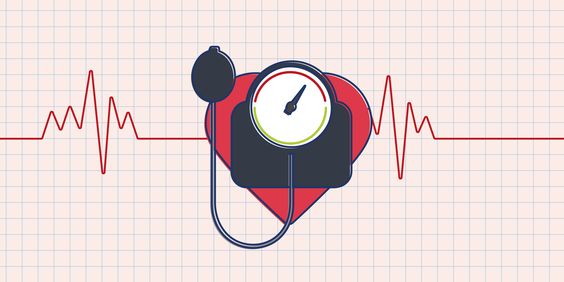Introduction
Hypertension, commonly known as high blood pressure, is a prevalent condition affecting millions worldwide. It is often called a "silent killer" because it may not present noticeable symptoms for years, yet silently damages vital organs like the heart, kidneys, and brain.

This comprehensive guide aims to unravel the complexities of hypertension, providing you with valuable insights into its causes, symptoms, potential complications, and effective management strategies. By understanding this condition, you can take proactive steps towards safeguarding your health and well-being.
What is Hypertension?
Blood pressure is the force exerted by blood against your artery walls as your heart pumps. When this force is consistently too high, it leads to hypertension. Blood pressure readings are measured in millimeters of mercury (mmHg) and are represented as two numbers:
- Systolic pressure: The top number indicates the pressure in your arteries when your heart beats.
- Diastolic pressure: The bottom number represents the pressure in your arteries when your heart rests between beats.
A normal blood pressure reading is typically below 120/80 mmHg.
Causes and Risk Factors
Hypertension often develops gradually over years. While the exact causes are not always clear, several factors can contribute to its development, including:
- Age: The risk of hypertension increases with age.
- Family history: Genetics plays a role, and having a family history of hypertension increases your risk.
- Lifestyle factors: Unhealthy habits such as a diet high in sodium, lack of physical activity, obesity, and excessive alcohol consumption contribute significantly.
- Underlying medical conditions: Certain conditions like kidney disease, diabetes, and sleep apnea can lead to hypertension.
Complications of Untreated Hypertension
Untreated hypertension can have severe consequences for your health, increasing your risk of:
- Heart attack or stroke: High blood pressure damages arteries, making them more susceptible to blockages that can lead to these life-threatening events.
- Heart failure: The heart struggles to pump blood effectively when faced with persistently elevated pressure.
- Kidney disease: High blood pressure can damage blood vessels in the kidneys, impairing their function.
- Vision loss: Damage to blood vessels in the eyes can result in vision problems.
Managing Hypertension
Effectively managing hypertension typically involves a combination of lifestyle modifications and medications:
- Lifestyle changes:
- Adopt a healthy diet rich in fruits, vegetables, and whole grains while limiting sodium intake.
- Engage in regular physical activity.
- Maintain a healthy weight.
- Quit smoking and limit alcohol consumption.
- Medications:
- Your doctor may prescribe medications to lower blood pressure based on your individual needs.
Conclusion
Hypertension is a serious condition but often manageable with early detection and appropriate interventions. Understanding the causes, symptoms, and potential complications empowers you to prioritize your cardiovascular health. By adopting a healthy lifestyle and working closely with your healthcare provider, you can effectively control your blood pressure and significantly reduce the risk of serious complications.

.jpg)